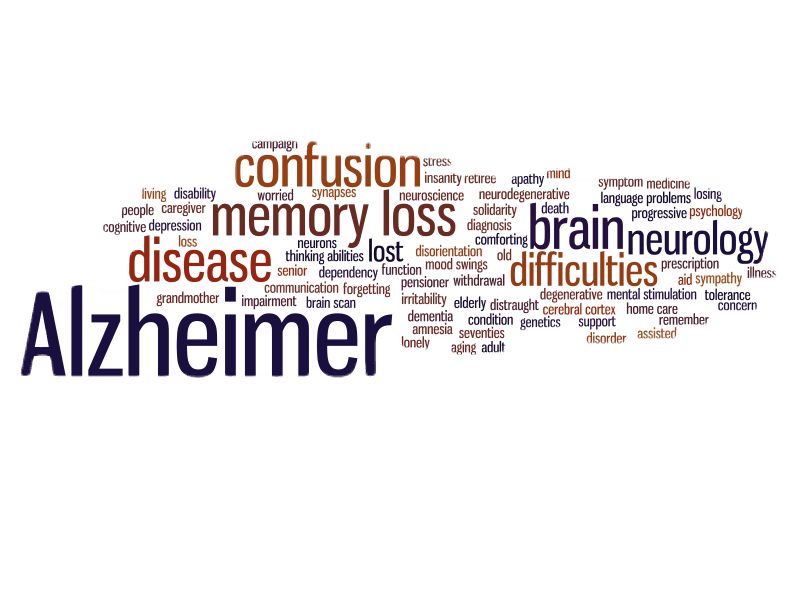Florida Senior Dementia Victims Require Special Nursing Home Care
March 10, 2022 | Category: Nursing Home Neglect/Abuse | ShareStudies show that one in seven Americans over the age of 70 suffer from dementia. Approximately 13.9 percent or 3.4 million seniors aged 71 and older have some form of dementia. The prevalence of dementia increases dramatically as one ages, going from 5 percent of those age 71 to 79 to 37.4 percent of those age 90 or older.
 Duke University researcher Brenda Plassman said, “These conditions affect millions of older Americans and touch nearly every family in some way, and the situation is only going to get worse as the population ages.”
Duke University researcher Brenda Plassman said, “These conditions affect millions of older Americans and touch nearly every family in some way, and the situation is only going to get worse as the population ages.”
The National Institutes of Health (NIH) reports that nursing homes serve approximately 1.6 million residents in the United States, and dementia victims are the single most common reason they are there.
When families need to make decisions about their loved one's safety and care, they have concerns about the quality of care for their senior dementia victims.
NIH broadly defines dementia as a group of disorders causing progressive and irreversible cognitive decline. Some pharmaceutical treatments are claiming to slow the progression, but there are no known ways of preventing the disease and its progression.
Nursing homes may often abuse or neglect dementia residents by:
- Overmedication
- Physical abuse
- Emotional or verbal abuse
- Neglect caused by a failure to provide food, clean clothing, medical care, or a safe environment
- Confinement or isolation
- Sexual abuse
Overmedication is a particularly rampant problem in nursing homes. Human Rights Watch says, “In an average week, nursing facilities in the United States administer antipsychotic drugs to over 179,000 people who do not have diagnoses for which the drugs are approved. The drugs are often given without free and informed consent, which requires a decision based on a discussion of the purpose, risks, benefits, and alternatives to the medical intervention, as well as the absence of pressure or coercion in making the decision.”
Family members may see the following warning signs that their loved one is being abused or neglected:
- Bruises, pressure marks, broken bones, abrasions, and burns
- Unexplained withdrawal from normal activities, a sudden change in alertness, or unexpected depression may be an indicator of emotional abuse
- Reports of drug overdose or not taking medications when prescribed
- Broken eyeglasses
- Signs of being restrained, like marks on wrists or ankles
- A caregiver that refuses to let the family see the nursing home resident without him or her being present
Nursing homes treating dementia residents have different challenges with these residents than with other residents. As cognitive and functional decline is an expected part of the disease progression, it is important that nursing homes caring for dementia residents have Special Care Units (SCU) with staff that is trained specifically to assist these seniors.
On January 14, 2022, the Centers for Medicare and Medicaid Services (CMS) announced it was initiating a national partnership to improve dementia care in nursing homes. The CMS partnership will include federal and state agencies, nursing homes, other providers, advocacy groups, and caregivers to improve comprehensive dementia care. “CMS and its partners are committed to finding new ways to implement practices that enhance the quality of life for people with dementia, protect them from substandard care and promote goal-directed, person-centered care for every nursing home resident. The partnership promotes a multidimensional approach that includes public reporting, state-based coalitions, research, training, and revised surveyor guidance.”
Fort Myers Nursing Home Abuse Lawyer Assists Families in Seeking Compensation for Dementia Victims Who Are Abused and Neglected
Should a dementia victim in a nursing home be abused or neglected, Fort Myers Nursing Home Abuse Lawyer Randall Spivey of Spivey Law Firm, Personal Injury Attorneys, P.A. has the experience to assist. Please contact Attorney Randall Spivey at 239.337.7483 or toll-free at 1.888.477.4839. We are available 24/7, and there are no costs or attorney fees until we receive a monetary recovery.

